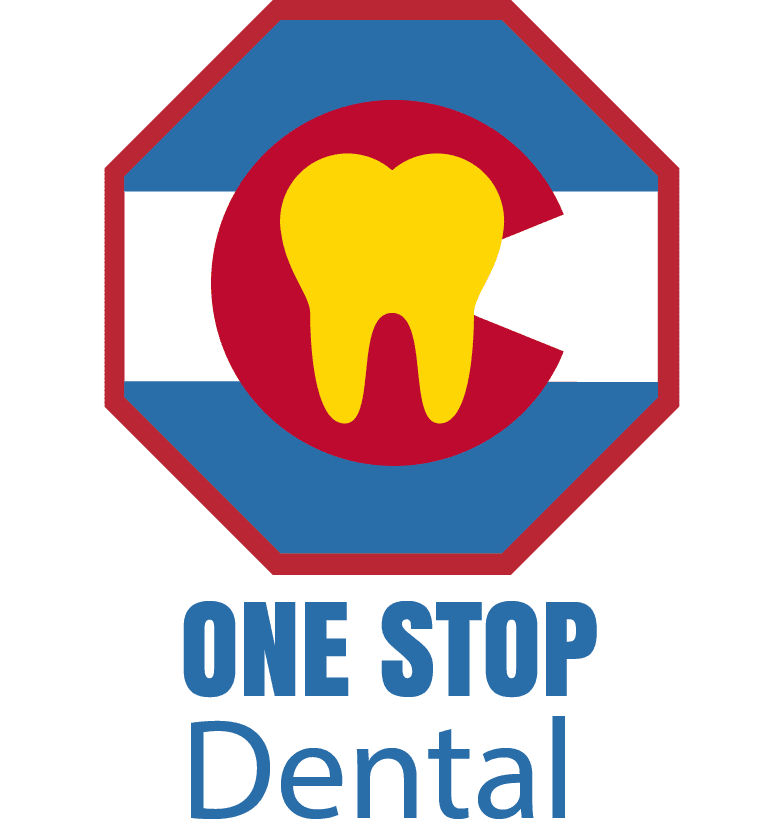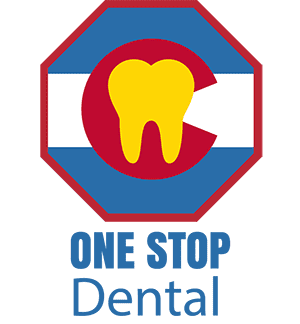Are you wondering about maximizing dental implants: how many can you get, especially considering dental implants after extraction? Generally, the number of implants you can receive depends on the health and structure of your jawbone and the specific areas of missing teeth. Each case is unique, and the possibilities vary widely from one individual to another.
Dental Implants After Extraction: Factors Influencing Dental Implant Longevity
When considering dental implants after extraction, understanding the factors that influence the longevity of these implants is crucial. The success of dental implants can depend on several general health and lifestyle factors, including the overall oral hygiene maintained by an individual and their bone density at the implant site. These elements play a significant role in how well and how long the implants will integrate with the jawbone, ultimately affecting their durability and function over time.
Another important aspect to consider is the surgical technique used during the implantation process. The expertise and approach of the dental professional can significantly impact the initial stability of the dental implants. For those looking to explore more about the possibilities and considerations of multiple dental implants, you might find the article Maximizing Dental Implants: How Many Can You Get? particularly informative. This resource provides a broader perspective on what to expect when planning for multiple implants post-extraction.
Daily Maintenance for Dental Implants
After the procedure of dental implants after extraction, maintaining the health and longevity of these implants is crucial. Just like natural teeth, dental implants require consistent care. The structure of a dental implant is designed to integrate with your jawbone, making it essential to maintain the surrounding tissue’s health through regular cleaning. This ensures that the implant remains secure and functions effectively.
For individuals who have undergone dental implants after extraction, it’s important to understand that the success of the implant can be influenced by how well they are maintained. Regular check-ups with a dental professional are advisable to monitor the condition of the implants and the health of the oral environment. For those seeking quality dental care, consider visiting Quality Dental Implants, Colorado Springs for expert guidance and services.
Professional Check-ups and Cleaning Frequency
After having dental implants after extraction, the general practice involves scheduling regular professional check-ups. These appointments are crucial as they help monitor the healing process and ensure the implant is integrating well with the jawbone. Additionally, the frequency of professional dental cleanings might vary, but these sessions are important as they assist in maintaining overall oral hygiene and health.
Impact of Diet on Implant Durability
After undergoing a dental implant procedure, the types of foods consumed can play a role in the long-term success and durability of the implants. Hard or sticky foods might affect the stability of new dental implants immediately after surgery. On the other hand, a balanced diet supports overall health, which can be beneficial for healing and maintaining the condition of dental implants after extraction. It’s important to consider how diet might interact with new dental implants to ensure their longevity.
For those seeking further information on dental implants after extraction, consider visiting One Stop Dental at Colorado Springs Dentist for more details.
Signs of Dental Implant Failure
Recognizing the signs of dental implant failure is crucial for maintaining oral health. Common indicators include persistent discomfort or pain around the implant site, swelling or inflammation of the gums, and difficulty chewing or biting. Additionally, if the implant feels loose or there is a noticeable gum recession around the implant, these could also be signs of potential failure. It’s important to be aware of these symptoms as they can help in identifying issues early.
Advances in Dental Implant Technology
Recent advances in dental implant technology have significantly improved the timeline and safety of placing dental implants after extraction. Innovations such as 3D imaging and titanium post technology allow for precise placement and enhanced osseointegration, where the implant fuses with the bone. These technological advancements ensure that dental implants after extraction can be planned and executed with greater accuracy, reducing recovery time and increasing the success rate of the implants. Patients can now enjoy a smoother transition to dental implants, often with less discomfort and shorter waiting periods between extraction and implant placement.
Role of Genetics in Implant Success
When considering dental implants after extraction, it’s crucial to understand the role genetics play in the success of the procedure. Research indicates that genetic factors can influence the healing process and integration of the implant with the jawbone. Certain genes are responsible for bone growth and regeneration, which are critical components in securing dental implants. Additionally, genetic predispositions to conditions such as osteoporosis or diabetes can affect bone density and gum health, potentially impacting the stability and longevity of dental implants. Therefore, discussing your family health history with your dentist can provide valuable insights and help tailor a more effective and personalized treatment plan.
Comparing Lifespan: Implants vs. Natural Teeth
When considering dental implants after extraction, it’s essential to compare the longevity of implants versus natural teeth. Dental implants are designed to be a durable and long-lasting solution, often outliving natural teeth when properly maintained. With a success rate of over 95%, implants can last for decades, potentially a lifetime, with adequate care including regular brushing, flossing, and dental check-ups. In contrast, natural teeth can be susceptible to decay, gum disease, and other factors that might necessitate extraction. Therefore, choosing dental implants after extraction can be a wise investment for both oral health and functionality, offering a lifespan that rivals, and often exceeds, that of natural teeth.
Preventing Infections Around Dental Implants
After undergoing a tooth extraction, it’s crucial to focus on preventing infections around dental implants to ensure successful healing and implant integration. When considering dental implants after extraction, maintaining impeccable oral hygiene is paramount. This includes regular brushing and fusing of antimicrobial mouth rinses recommended by your dentist. Additionally, follow-up visits are essential to monitor the healing process and address any signs of infection early. By taking these steps, you can significantly reduce the risk of complications and promote a healthy environment for your new dental implants.
Conclusion
For more information on dental implants after extraction, call us at 719-447-1199 or read our reviews on Google Maps.


